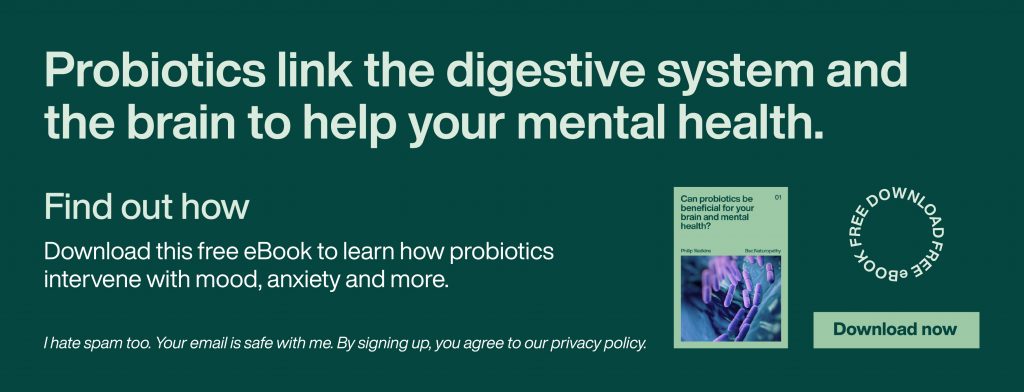N-acetylcysteine (NAC) is a nutritional compound that seems beneficial for mental health and a variety of other conditions such as fatty liver, PCOS and gut issues.
This episode of Free and Inspired radio focuses on the role that NAC can play in some mental health conditions, such as depression, anxiety and addiction.
NAC is an amino acid and has multiple actions in the body.
Some of these actions include antioxidant effects, anti-inflammatory effects, reversal of energy production problems within cells.
One of NAC’s main actions is as a component of glutathione, the “master antioxidant” of the body.
With NAC’s help, glutathione breaks down inflammatory chemicals, alcohol, paracetamol, mould and bacteria toxins.
NAC can also help clear some heavy metals such as cadmium, mercury and lead.
This antioxidant action covers the brain too. NAC has the ability to calm down the immune response in the brain that can cause inflammation.
There is early research showing that NAC can regulate dopamine levels in the brain.
It’s this effect that explains why NAC may be helpful in treating addiction.
For instance, NAC might help with impulse control, repetitive thoughts and negative thoughts that are difficult to control.
Currently, NAC also carries interest in its potential role in schizophrenia, bipolar disorder, depressive disorders, anxiety, OCD, substance use and chronic pain.
Learn about the studies that have shown positive and negative results for NAC.
For example, conditions such as Obsessive Compulsive Disorder (OCD), gambling and addiction have mixed results but some potential at the right doses.
All this and more in this episode of Free and Inspired radio!
Watch Video Now
Listen to this episode on Free and Inspired Radio
Listen to Free and Inspired Radio on your favourite platform

